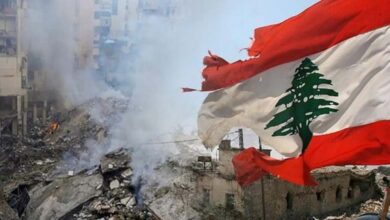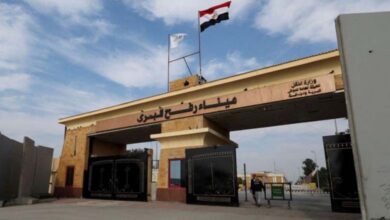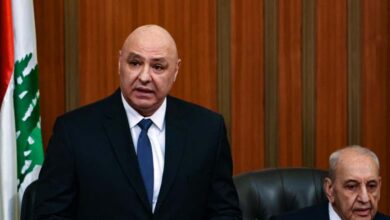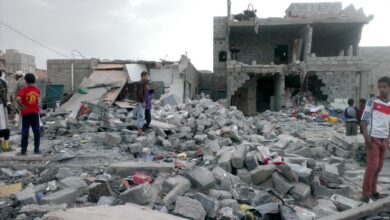Al-Sadr rejects his movement’s participation in the new Iraqi government
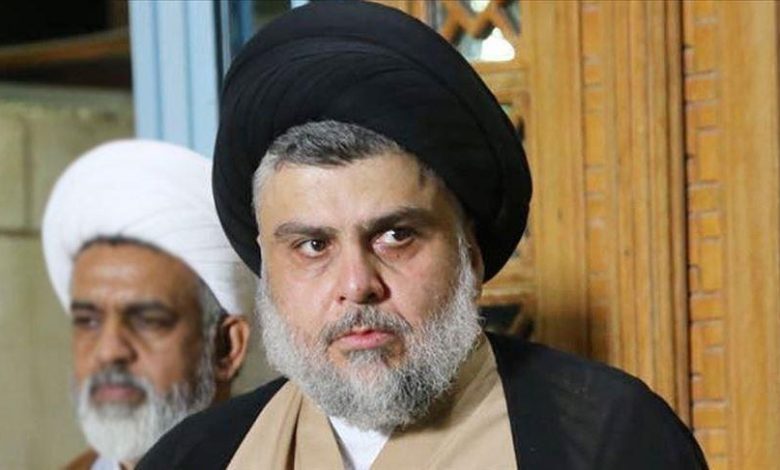
Shiite leader Muqtada Al-Sadr has rejected the participation of members of his movement in the new Iraqi government, in the first sign of the return of the political crisis in the country to square one.
Last Thursday, there was optimism in Iraq after parliament succeeded in electing Abdul Latif Rasheed, a member of the Patriotic Union of Kurdistan, as president and tasking the largest parliamentary bloc with presenting its candidate to form the cabinet.
The first decision of the new Iraqi president was to choose Mohammed Shiyaa al-Sudani, the candidate of the Coordinating Framework (the Shiite bloc that is close to Iran), to form the new government.
Since then, Iraqis have been waiting for the position of the leader of the Sadrist movement, which came today, Saturday, to dispel optimism about the expected breakthrough in the political scene.
Al-Sadr’s veto came with reasons that did not seem possible because the Shiite leader described a government as a “subordinate, tested militia” that will not meet the aspirations of the Iraqi people.
Saleh Mohammed Al-Iraqi, spokesman for the Shiite leader Muqtada Al-Sadr, said in a statement today, “We emphasize our categorical, clear and explicit rejection of the participation of any of our followers who are in the previous or current governments, or who are outside of them, or who have defected from us previously or later, whether from inside or outside Iraq, or any of those who are directly or indirectly affiliated with us, even at all, with any excuse or pretext whatsoever in this government formation headed by the current candidate or other old faces or affiliated with the corrupt.”
“Anyone who takes part in any ministry with them in injustice, aggression and disobedience for any reason whatsoever does not represent us at all,” he said. “Rather, we disown him until the day of judgment, and he is immediately expelled from us,” he added.
Al-Iraqi spoke about what he said, “My efforts are not hidden to satisfy the current and silence the voice of the homeland. Some of our members have asked their play to that corrupt cake, of which only crumbs remain.”
“We are showing to everyone that there are malicious plans to root and strengthen their authority and undermine the other, to increase the domination of corruption and the corrupt, and to manipulate the control of the people’s fate and finances unchecked by mixing documents and dominating judicial and security authorities, independent bodies and the like,” he added.
“We condemn and denounce the repression of the people’s voices that refuse to bring Iraq back to square one, as they express, and we denounce the open defiance of sharia and national directives issued at the highest levels, first from inside Iraq and second from abroad,” he said.
He recommended that “Iraq should not become an obstacle to foreign agendas, that weapons should not be turned into uncontrolled hands, and that people’s money should not be diverted to the pockets and banks of corrupt people”.
Despite his announcement of withdrawal from the political scene and the closure of the headquarters of the Sadr movement, Muqtada Al-Sadr still has a strong influence on the Iraqi street, and his intervention prevented the country from sliding into civil strife that killed dozens after his supporters clashed with the forces of the coordination framework in the vicinity of the Green Zone a few weeks ago.
The Sadrist movement does not have representatives in parliament after Al-Sadr called on them to resign, and it is not known whether the statement it issued today can move the street supporting it once again to blockade official institutions.






